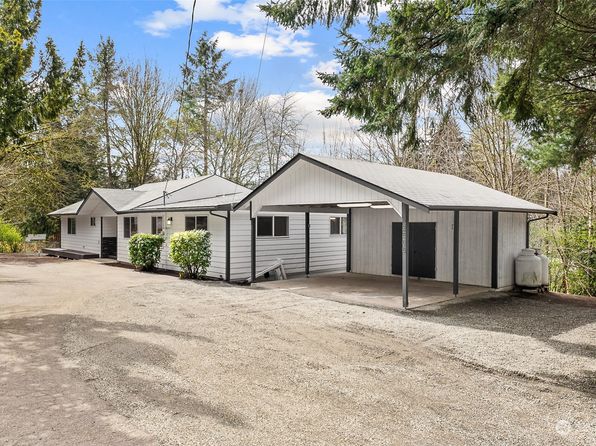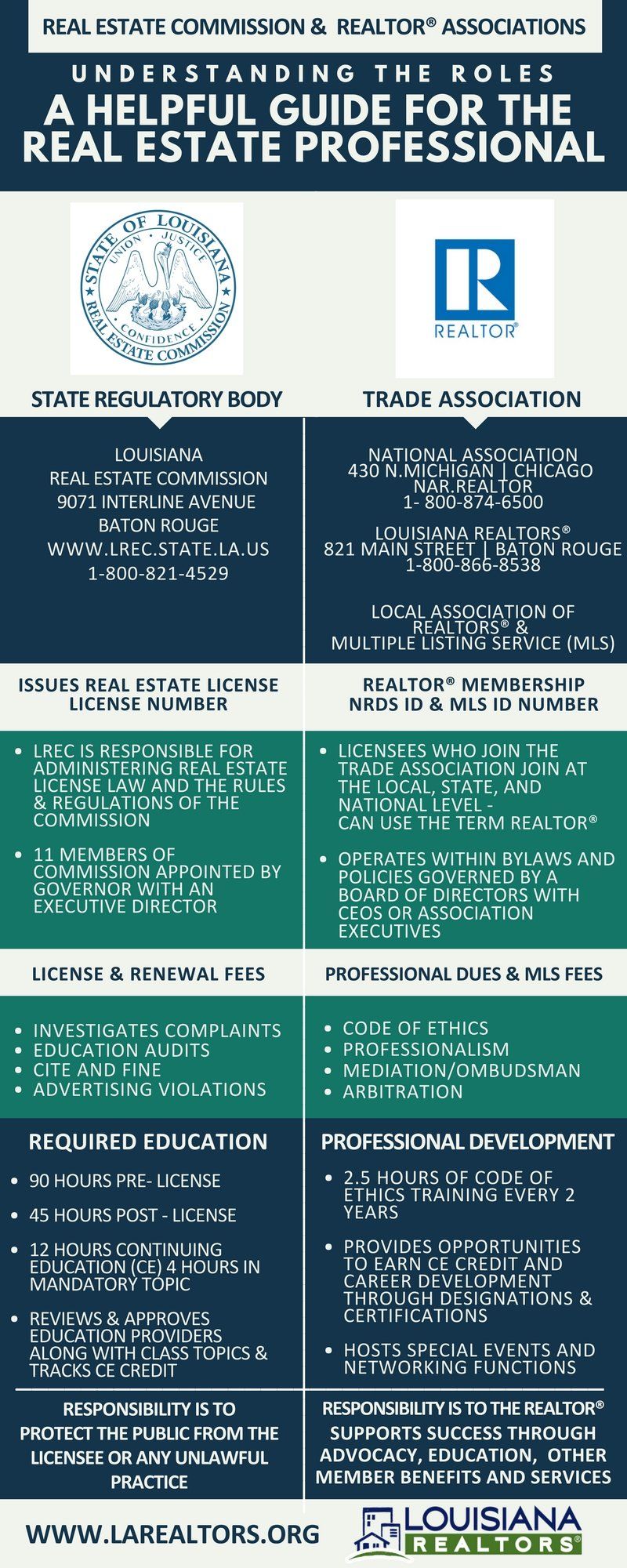
Oklahoma is experiencing a real estate boom. If you want to open your own business in real estate, now's the time to obtain your Oklahoma real estate license. Oklahoma is home to more than 1 million acres man-made lakes, and four mountain ranges.
The process of getting your Oklahoma real estate licence is simple and can be done from your own home. You must first enroll in an approved 90-hour course. You can select from several schools in the region to meet your needs and schedule.
The course will include a number of topics including: Real Estate Economics (including the economics of real estate), Legal Descriptions (including legal descriptions), Transfer of Rights (including valuation), Marketing Activities and Fair Housing, Financing and Regulations that affect Real Estate. After completing the course, you will be able to sit for your licensing examination.

Get an Oklahoma Real Estate License
After you have completed your coursework and passed the exams, you may apply for an Oklahoma real estate license. You must submit proof of citizenship, or qualified alien status. A high school diploma, or GED, is also required.
Next, you must find a sponsoring broker to help you through your real estate career. It is important that you choose a broker with whom you feel comfortable and one who will provide mentorship and guidance. It's also a good idea to consider the brokerage's commission split and fee structure, as well as their culture and reputation in your area before you decide to work for them.
How to Become An Agent Of Real Estate In Oklahoma
You must pass a licensing examination, a background investigation, and a 90-hour real estate prelicense course. You can complete your pre-licensing course at a school of real estate, online or in the classroom.
Your coursework will be divided up into various units, depending on the school you select. This will make it easier for you to complete your coursework in a shorter period of time and ensure that you get all the information you need to pass your exam.

These courses will be taught to you by real estate professionals with experience who will give you the skills and knowledge you need to launch your real estate career. These experts can help you understand the basics of real estate and how to apply them to your specific situation.
How to get an Oklahoma Real Estate License
The Oklahoma Real Estate Commission will administer your examinations once you've finished your 90-hour course. The test consists of around 100 multiple-choice questions covering national and local laws and practices in the real estate industry. For the exam to be successful, you'll have to answer 60 of 100 questions.
FAQ
Is it possible to quickly sell a house?
You may be able to sell your house quickly if you intend to move out of the current residence in the next few weeks. However, there are some things you need to keep in mind before doing so. First, find a buyer for your house and then negotiate a contract. Second, you need to prepare your house for sale. Third, advertise your property. Finally, you should accept any offers made to your property.
Is it possible to get a second mortgage?
Yes. However, it's best to speak with a professional before you decide whether to apply for one. A second mortgage can be used to consolidate debts or for home improvements.
How do I know if my house is worth selling?
If you have an asking price that's too low, it could be because your home isn't priced correctly. A home that is priced well below its market value may not attract enough buyers. Our free Home Value Report will provide you with information about current market conditions.
How do I get rid termites & other pests from my home?
Termites and other pests will eat away at your home over time. They can cause damage to wooden structures such as furniture and decks. This can be prevented by having a professional pest controller inspect your home.
What is a "reverse mortgage"?
Reverse mortgages are a way to borrow funds from your home, without having any equity. It allows you to borrow money from your home while still living in it. There are two types: conventional and government-insured (FHA). If you take out a conventional reverse mortgage, the principal amount borrowed must be repaid along with an origination cost. FHA insurance covers repayments.
What flood insurance do I need?
Flood Insurance protects from flood-related damage. Flood insurance protects your belongings and helps you to pay your mortgage. Find out more information on flood insurance.
How many times may I refinance my home mortgage?
This is dependent on whether the mortgage broker or another lender you use to refinance. You can refinance in either of these cases once every five-year.
Statistics
- It's possible to get approved for an FHA loan with a credit score as low as 580 and a down payment of 3.5% or a credit score as low as 500 and a 10% down payment.5 Specialty mortgage loans are loans that don't fit into the conventional or FHA loan categories. (investopedia.com)
- Private mortgage insurance may be required for conventional loans when the borrower puts less than 20% down.4 FHA loans are mortgage loans issued by private lenders and backed by the federal government. (investopedia.com)
- 10 years ago, homeownership was nearly 70%. (fortunebuilders.com)
- Over the past year, mortgage rates have hovered between 3.9 and 4.5 percent—a less significant increase. (fortunebuilders.com)
- Based on your credit scores and other financial details, your lender offers you a 3.5% interest rate on loan. (investopedia.com)
External Links
How To
How to Manage a Rental Property
It can be a great way for you to make extra income, but there are many things to consider before you rent your house. We'll show you what to consider when deciding whether to rent your home and give you tips on managing a rental property.
Here's how to rent your home.
-
What do I need to consider first? Take a look at your financial situation before you decide whether you want to rent your house. You may not be financially able to rent out your house to someone else if you have credit card debts or mortgage payments. Check your budget. If your monthly expenses are not covered by your rent, utilities and insurance, it is a sign that you need to reevaluate your finances. It may not be worth it.
-
How much does it cost to rent my home? Many factors go into calculating the amount you could charge for letting your home. These factors include your location, the size of your home, its condition, and the season. Prices vary depending on where you live so it's important that you don't expect the same rates everywhere. Rightmove reports that the average monthly market price to rent a one-bedroom flat is around PS1,400. This would translate into a total of PS2,800 per calendar year if you rented your entire home. That's not bad, but if you only wanted to let part of your home, you could probably earn significantly less.
-
Is it worth the risk? It's always risky to try something new. But if it gives you extra income, why not? Before you sign anything, though, make sure you understand exactly what you're getting yourself into. Renting your home won't just mean spending more time away from your family; you'll also need to keep up with maintenance costs, pay for repairs and keep the place clean. You should make sure that you have thoroughly considered all aspects before you sign on!
-
Is there any benefit? It's clear that renting out your home is expensive. But, you want to look at the potential benefits. There are many reasons to rent your home. You can use it to pay off debt, buy a holiday, save for a rainy-day, or simply to have a break. You will likely find it more enjoyable than working every day. If you plan well, renting could become a full-time occupation.
-
How can I find tenants After you have decided to rent your property, you will need to properly advertise it. Online listing sites such as Rightmove, Zoopla, and Zoopla are good options. Once you receive contact from potential tenants, it's time to set up an interview. This will enable you to evaluate their suitability and verify that they are financially stable enough for you to rent your home.
-
How can I make sure that I'm protected? If you don't want to leave your home empty, make sure that you have insurance against fire, theft and damage. You'll need to insure your home, which you can do either through your landlord or directly with an insurer. Your landlord will likely require you to add them on as additional insured. This is to ensure that your property is covered for any damages you cause. However, this doesn't apply if you're living abroad or if your landlord isn't registered with UK insurers. In these cases, you'll need an international insurer to register.
-
Sometimes it can feel as though you don’t have the money to spend all day looking at tenants, especially if there are no other jobs. Your property should be advertised with professionalism. You should create a professional-looking website and post ads online, including in local newspapers and magazines. A complete application form will be required and references must be provided. While some people prefer to handle everything themselves, others hire agents who can take care of most of the legwork. It doesn't matter what you do, you will need to be ready for questions during interviews.
-
What should I do once I've found my tenant? If you have a current lease in place you'll need inform your tenant about changes, such moving dates. You can negotiate details such as the deposit and length of stay. You should remember that although you may be paid after the tenancy ends, you still need money for utilities.
-
How do I collect rent? When it comes time for you to collect your rent, check to see if the tenant has paid. You will need to remind your tenant of their obligations if they don't pay. After sending them a final statement, you can deduct any outstanding rent payments. You can call the police if you are having trouble getting hold of your tenant. If there is a breach of contract they won't usually evict the tenant, but they can issue an arrest warrant.
-
How can I avoid potential problems? It can be very lucrative to rent out your home, but it is important to protect yourself. Consider installing security cameras and smoke alarms. It is important to check that your neighbors allow you leave your property unlocked at nights and that you have sufficient insurance. You must also make sure that strangers are not allowed to enter your house, even when they claim they're moving in the next door.